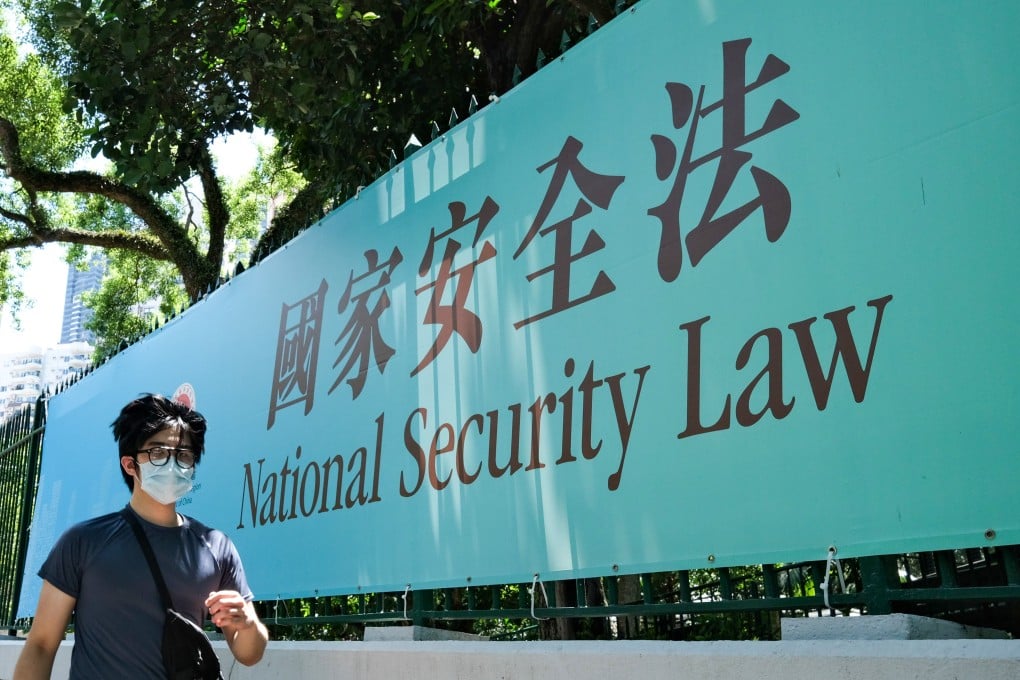Advertisement
Shades Off | Hong Kong is becoming a troubling place to be an Australian
- The national security law can be broadly interpreted and a number of articles could be used to make an arrest
- Canberra may not fully appreciate the impact its relations with Beijing could have on Australians in Hong Kong
Reading Time:3 minutes
Why you can trust SCMP
99+

Here’s a lesson in what it means to be free to express your views. Under national security laws in Hong Kong, it could be a crime to criticise President Xi Jinping, the Chinese Communist Party and Beijing’s hand-picked local proxy, Chief Executive Carrie Lam Cheng Yuet-ngor.
What exactly it takes to cross that red line isn’t clear; any one of a number of articles, among them 21, 22 and 29, could be used to make an arrest and lay a charge for disrupting government, undermining unification or inciting secession.
Australia, the country of which I have citizenship and hold a passport, doesn’t have such broad-brush legislation. It is a democracy, rather than a heavy-handed autocracy, and I am therefore able to openly find fault with and even disapprove of, without fear of reprisal, remarks made by Prime Minister Scott Morrison and other senior officials about China.
Advertisement
Canberra hasn’t been shy about challenging Beijing and standing up to its bullying. Australia was the first country to ban Chinese technology giant Huawei from its 5G telecommunications roll-out on security grounds and it took an international lead in calling for an independent inquiry into the origins of the Covid-19 pandemic.
Billions of dollars in investment deals have been blocked, academic visas cancelled and a foreign interference law enacted to curb Chinese influence.
Morrison and others in his cabinet have been particularly vocal about events in Hong Kong; on July 9 last year, following Beijing’s implementation of the national security law, the prime minister announced that his country would suspend its extradition treaty with Hong Kong; introduce new visa measures for graduates and skilled workers from Hong Kong who want to live and work in Australia, and; update its travel advice for Hong Kong to reflect the increased risks under the national security law.
Advertisement
Advertisement
Select Voice
Choose your listening speed
Get through articles 2x faster
1.25x
250 WPM
Slow
Average
Fast
1.25x

